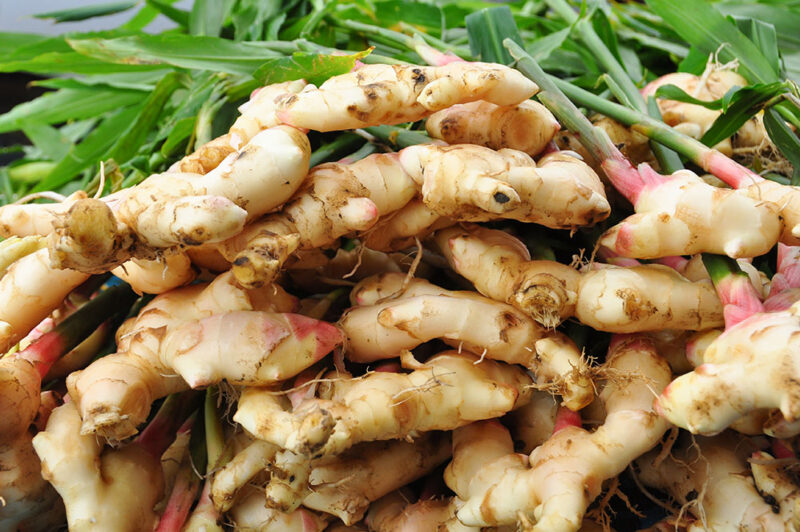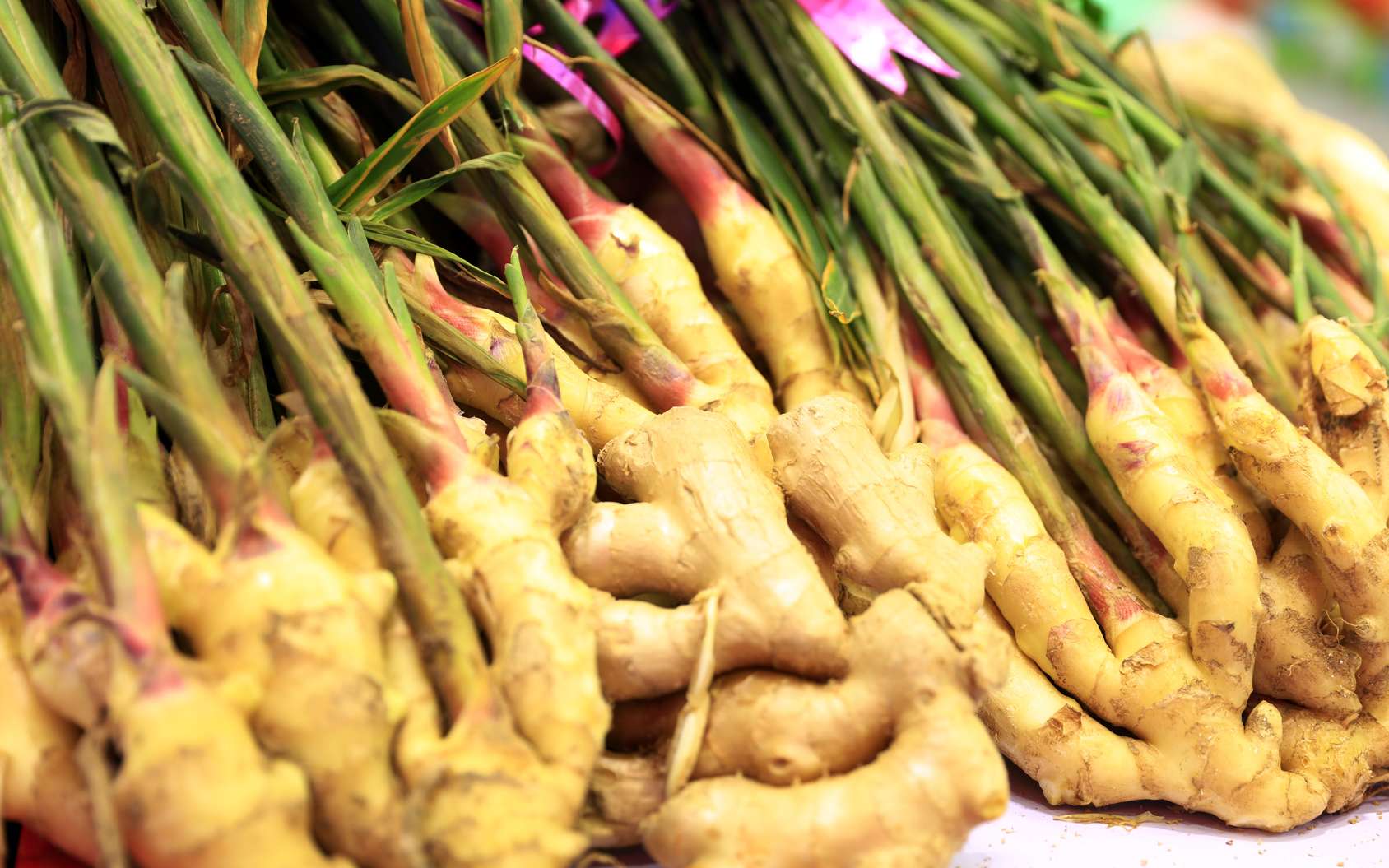Ginger (Zingiber officinale) has emerged as a highly sought-after spice globally, and Nigeria is among the largest producers of this valuable crop. The economic potential of ginger farming in Nigeria is vast, driven by increasing domestic and international demand, favorable climatic conditions, and a growing awareness of ginger’s health benefits. This article explores the economic advantages of ginger farming, the challenges faced by farmers, and strategies for maximizing profitability.
The Demand for Ginger
The global market for ginger is expanding, driven by its culinary uses, medicinal properties, and demand for natural flavoring in food and beverages. In recent years, the spice has gained popularity in health and wellness industries, particularly for its anti-inflammatory and antioxidant properties. Countries like India, China, and the United States are key importers of ginger, presenting significant export opportunities for Nigerian farmers.
Economic Benefits of Ginger Farming
- High Market Value: Ginger is one of the most valuable cash crops, with market prices fluctuating based on supply and demand dynamics. The high value of ginger compared to other crops offers farmers an opportunity to earn substantial income.
- Job Creation: The ginger farming sector contributes significantly to employment in rural areas. From cultivation to processing and distribution, ginger farming provides jobs for farmers, laborers, and entrepreneurs, fostering economic growth in local communities.
- Export Potential: Nigeria’s ginger exports have seen an upward trend, with the country exporting significant quantities to Europe, the United States, and Asia. By adhering to international quality standards, Nigerian farmers can tap into lucrative export markets, enhancing their income and the nation’s foreign exchange earnings.
- Value Addition: Farmers can maximize their profits through value-added products such as ginger powder, ginger oil, and ginger-infused beverages. Processing ginger not only increases its shelf life but also opens up new market opportunities, catering to diverse consumer preferences.
Favorable Climatic Conditions
Nigeria’s diverse climate, ranging from tropical in the south to savanna in the north, provides ideal growing conditions for ginger. Regions like Kaduna, Nasarawa, and Benue have been identified as prime areas for ginger cultivation due to their fertile soils and adequate rainfall.

Challenges in Ginger Farming
Despite its economic potential, ginger farming in Nigeria faces several challenges:
- Pest and Disease Management: Ginger crops are susceptible to pests and diseases that can significantly reduce yields. Farmers often lack access to effective pest control methods, leading to crop losses.
- Limited Access to Funding: Many smallholder farmers struggle to access credit facilities, limiting their ability to invest in quality seeds, fertilizers, and modern farming techniques.
- Market Access: Although there is a high demand for ginger, many farmers lack direct access to markets, resulting in post-harvest losses and reduced profits.
- Lack of Technical Knowledge: Inadequate knowledge about modern farming practices can hinder productivity. Farmers may benefit from training programs and workshops to enhance their skills and improve crop yields.
Strategies for Maximizing Profitability
- Investment in Research and Development: Collaborating with agricultural research institutions can help farmers access improved ginger varieties resistant to diseases and pests, ensuring higher yields.
- Access to Finance: Providing farmers with access to microfinance and agricultural loans can enable them to invest in their farms, thereby increasing productivity and profitability.
- Training and Capacity Building: Initiatives that educate farmers on best practices in ginger cultivation, pest management, and post-harvest handling can significantly enhance productivity and marketability.
- Cooperative Farming: By forming cooperatives, farmers can pool resources to access larger markets, negotiate better prices, and invest in processing facilities, thereby increasing their profit margins.
- Exploring Export Opportunities: Establishing partnerships with exporters and ensuring compliance with international quality standards can open new markets for Nigerian ginger, increasing foreign exchange earnings.
Conclusion
The economic potential of ginger farming in Nigeria is immense, presenting opportunities for farmers to boost their incomes and contribute to the national economy. By addressing the challenges in the sector and implementing strategic measures, Nigeria can position itself as a leading player in the global ginger market. With the right investment in resources, training, and market access, ginger farming can thrive, benefiting farmers and enhancing the overall agricultural landscape of the country.
Ajigofarms is a reliable global agricultural purchase sourcing with profound expertise in the manufacturing, and exportation of food crops. We are tested, and trusted suppliers of all kinds of cash crops and food crops. Our constant supply chain solution makes exporting easy, quick, and safe, we are identified with timeliness and meeting up with deadlines. Regardless of the region you are located in worldwide, you can reliably order your Agric products and be rest assured of successful delivery.




